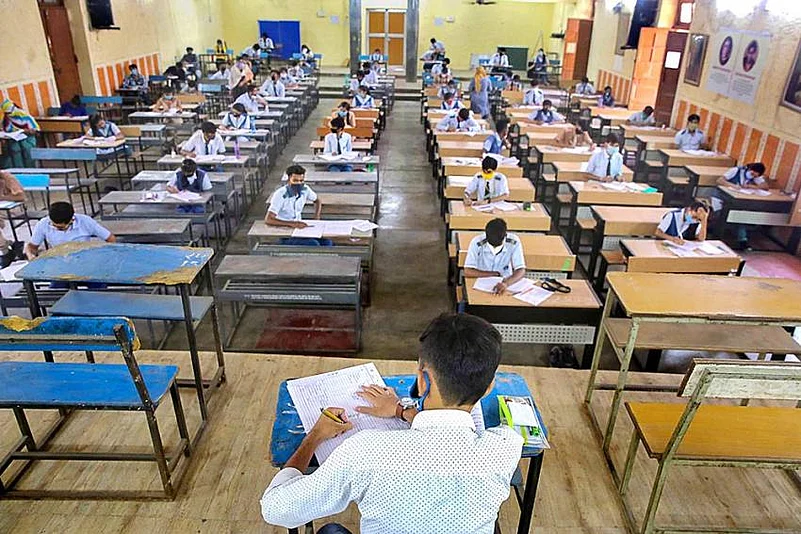Detention Centres in India were established more than a decade ago to control the problem of widespread illegal immigration into the northeastern state of Assam from the bordering nation of Bangladesh. These centres were established by an order of Guwahati High Court in the case of State of Assam v. Moslem Mondal to house the declared foreign nationals who failed to prove their citizenship in the Courts of Law.
The situation received the attention of the Hon’ble Supreme Court of India in 2012 through the case of Sarbananda Sonowal v. Union of India where it was noted that Assam was indeed facing an ‘external aggression and internal disturbance’ which, if ignored, “could lead to a constitutional breakdown”.
Presently, there are six operational detention centres inside six jails of Assam. Education for the children inside such centres appears to be of less priority for the Government. Although 14 jail school teachers have been appointed by the Government of Assam across jails.
Studio Nilima, a nonprofit based in Guwahati, in its report of the recent visit to the District Jail in Goalpara in November, 2019, found that the jail in Goalpara did not have any designated teachers. It was also found that although two children’s home were present nearby, the parents in detention did not wish their children attended classes in these centres over concerns of widespread allegations of child abuse and child trafficking. Thus, the parents had to prioritise safety of their children over education.
The jails follow the Assam Jail Manual which contains no provisions to deal with education of children housed in detention centres. It was commendable on the part of the Harsh Mander led-NHRC Mission in 2018 to provide for recommendations on adherence to due process, provisions of parole, and work for the detainees and ensure non-separation of families. However, the point in establishing a clear regime based on Article 21 of the Indian Constitution was broadly covered in the said recommendations without much emphasis on the right to education emanating from Article 21.
Article 21 (A) of the Indian Constitution provides for free and compulsory education for all children from the age of six to fourteen years of age as a fundamental right. The question of the applicability of Article 21 on non-citizens was concluded by the Supreme Court in the case of Sarbananda Sonowal where the Court stated that Article 21 which embodies Right to Life did not apply to citizens alone.
Further, in the case of Mohini Jain v. State of Karnataka, the Court held that the right to education flowed directly from the right to life. Thus, education forms a basic tenet of the right to life and personal liberty. Hence denial of proper elementary education to the children in the detention centres is a clear violation of Article 21.
On July 29 2020, the Government of India approved the New Education Policy which seeks to bring various structural changes into the education system of the country from the pre-primary to university level. However, it was disheartening to note the apathy of the Government towards the children in the detention centres as there was no mention of education for children housed in detention centres in the policy even though the Government is obliged to ensure their Right to Education.
It is high time that the Government takes cognizance of its constitutional obligations towards the education of these stateless children and rolls out a more inclusive policy to address the pressing concerns.
















